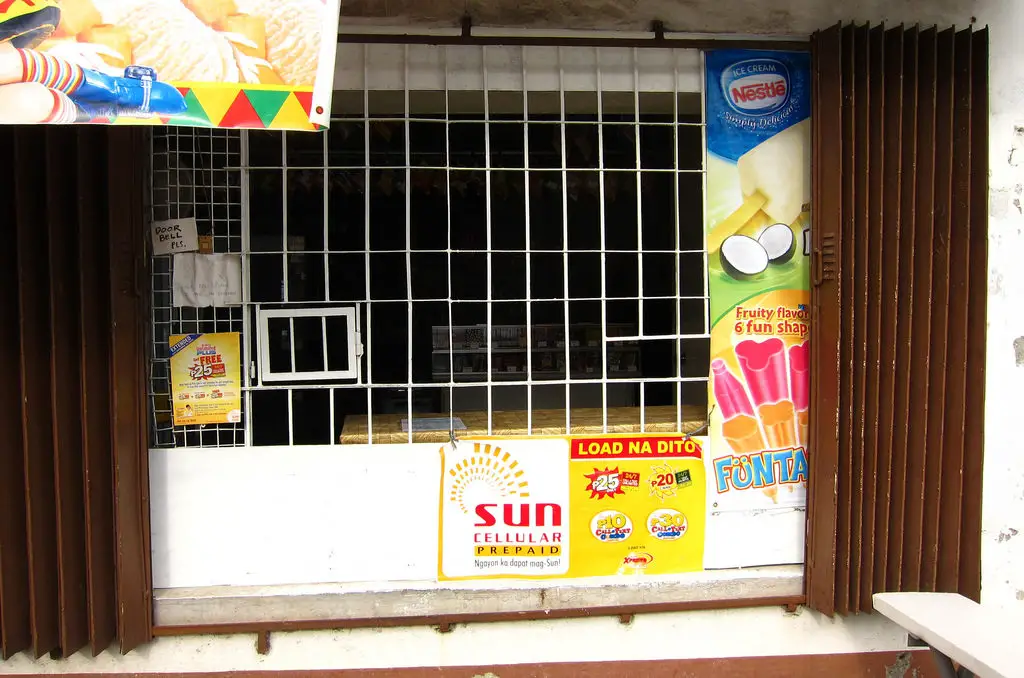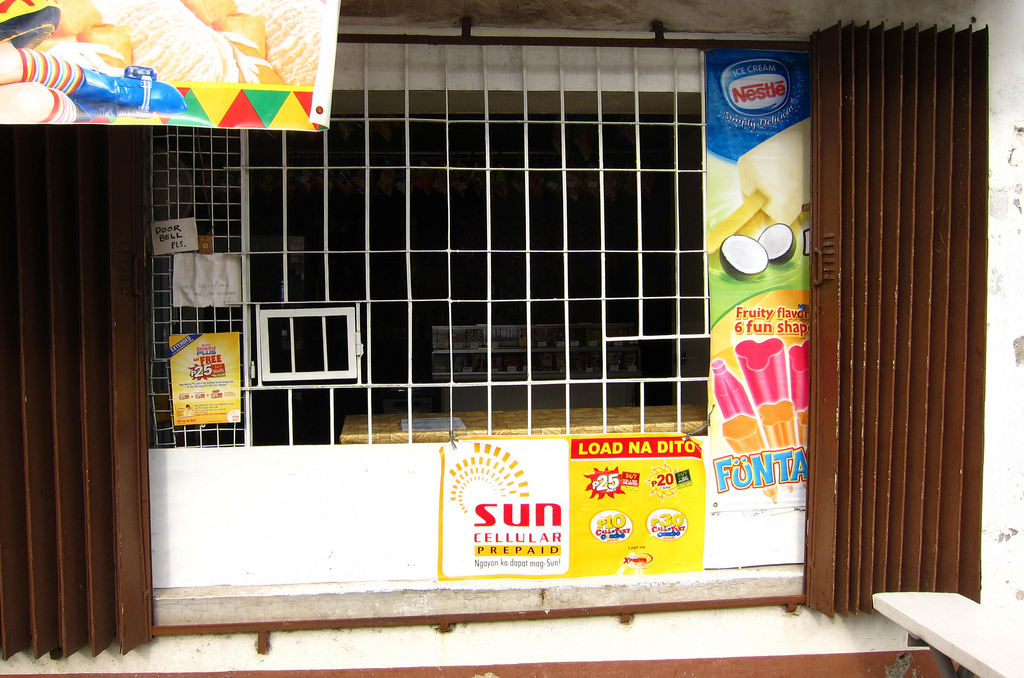Setting up a sari-sari store in the Philippines isn’t as complicated as many other businesses around. If you have a small vacant space in the backyard, skills in carpentry and basic arithmetic, and small capital, you can establish your micro-retail facility.
Related: 9 Key Elements on How to Succeed in Your Sari-Sari Store Business
But not long after the store has opened for business, attracted patrons, and established business relationships, product inventory began to dwindle, and sooner than later the once-promising sari-sari store closed its business for good. It’s a sad tale of failed attempts at entrepreneurship that’s too common among aspiring local business folks. Lack of training, discipline, or understanding of basic cash flow principles can doom any business venture, startup, or stability.

Table of Contents
Lack of store management skills.
With a lack of understanding between earnings, profits, and capitalization, the problem with the sari-sari store’s failure to prosperity can be traced to basic money management skills. It is important to be aware of daily cash flow, especially in a business with little profit margins. Without such vision from the store manager, it becomes a proverbial ‘naglaho na parang bula’ on how earnings go nowhere.
It helps to have a well-structured store management system in place:
- Daily inventory of goods
- Tabulation of cash flow — gross earnings, profits
- Identification of most profitable goods
- Identification of most popular goods
- Checklist of items to procure to replenish inventory
Sadly such daily practice might not exist or be deemed unnecessary in a small store. Daily distractions — tending to household chores or kids nearby, engaged in a TV show installed inside the store to kill boredom, or relentless chat with neighbors to kill time. Without equipment such as a cash register to save time accounting for goods sold for the day, manual, labor-intensive accounting has to take place. Many store managers lack proper education or even basic training to handle the task, putting the future of the business in jeopardy.
Lack of cooperation among family members.
Family members who were not forewarned about picking items for household consumption or taking sales money for purposes other than to restock the store are likely culprits of a shop’s downfall. It’s quite too common that the most accessible money available is likely at the cash box inside the store. Having it used for daily expenses — school allowance for children or payment for electricity bill — is so tempting especially when payday’s still days away. The general lack of concern or awareness about the business can lead to the wrong way.
Worse, if the money was loaned from the bank or other individuals such as the dreaded “5-6” scheme to resupply inventory, where loan interest is likely higher than profits. The owner could embark on a vicious cycle and lead to getting buried in debt. Certainly, that’s not what every store owner wants to end up with.
Lack of money handling skills.
With a basic understanding of the difference between gross sales and profits, an owner may have a better view of what it takes to grow a business. Unfortunately, among those we talked to, they have a vague understanding of it. To many of them, all earnings for the day are considered profits and can then be spent on paying utility bills, buying household items, or financing school projects.
Although money was spent on legitimate purposes, it was never used to buy fresh supplies for the sari-sari store. As a result, the owner has to find other sources to finance inventory replenishment. This can come from loans that charge high-interest rates. Because sari-sari stores have low-profit margins, such loans are not going to help a lot especially if profits are not high enough to cover interest repayments.
A relaxed attitude towards credit.
Filipinos in general have kind hearts. Store owners don’t want to play the role of heartless neighbors when someone pleads to get a can of milk for her starving baby, to be paid later. Or a strip of band-aid for a small wound for a young kid hurt playing in the backyard. A heart of gold and goodwill gesture gets repaid, so they say. But in business, once you give credit, it’s sometimes understood as a handout. Many relationships, personal or business, get destroyed over unpaid debts, and on many occasions those who owe you are the ones who get violent tendencies and call you inconsiderate or lack empathy when you simply wish to remind them of their obligations.
Family members or close relatives are also some of the worst culprits as they assume they get preferential treatment when accessing store goods.
Surely there are exceptional cases, but these are breeding grounds for abuse. The next thing you realize, as a store owner, you’re already chasing half a dozen folks for unpaid grocery items, blacklisting some of them as relationships turned sour.
In conclusion, every business should be run by knowledgeable, dedicated personnel. Owning a sari-sari store business is not an exception. Once you lack basic entrepreneurial spirit or offer half-hearted dedication, plus a lack of vision and discipline to run and grow the business, you are leading the business towards failure.









